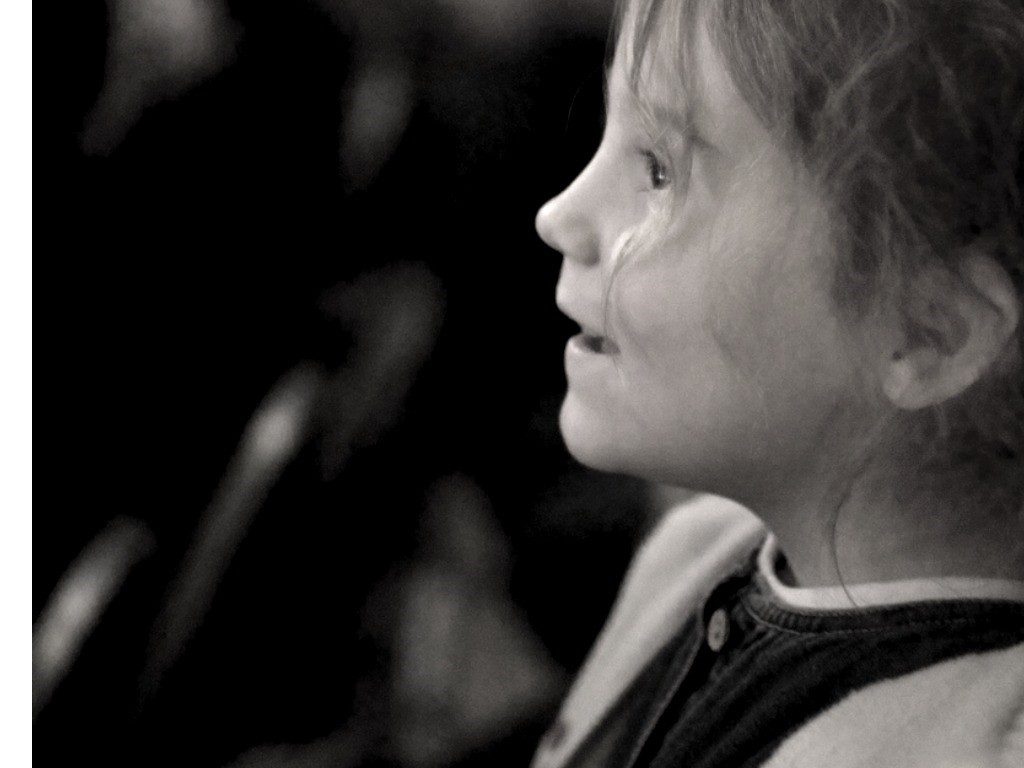Be an Enabler—of the Possible

Born to a home-based piano teacher mother, and an amateur violinist father, we three children knew we had to learn to play an instrument as a basic life skill. To their credit, we were never driven by our parents to excel, just left to enjoy music as a language of togetherness and family expression. I knew music as something to be respected, not feared. To be embraced, not perfected in order to be enjoyed. The flute was my instrument of choice because I could play in concert band, orchestra, and marching band. And it was portable.
But instead of becoming a performer, I became an enabler . . . a conductor, a choreographer, and finally an arts administrator. Those who can, do. Those who can’t, enable. My life has been a never-ending stream of building arts facilities, arts programs, outreach efforts, not-for-profits, and workshops for Board training and administration.
But it all started with witnessing the goosebumps moments of people of all ages, cultures, and ages in full thrall of arts-filled moments.
Music is life-changing, soul-fulfilling, and universally accessible if the basic tools of instruction, instruments, and music are made available.
Music is life-changing, soul-fulfilling, and universally accessible if the basic tools of instruction, instruments, and music are made available. But what many of us take for granted, seems miles away for children in some communities unable or unwilling to provide. With increased pressure from STEM Ed focus in some school systems, the much-needed financial resources and school day time blocks are harder to come in the race to show academic improvement often at the expense of arts education.
It need not be a competition.
The arts can be used to teach STEM classes. STEM relies on the creativity and innovative mind of young artists who can see beyond the limits of the obvious into the possibilities of invention. Envisioning a preferred future and novel artistic product is the essence of creativity, and creativity is the goal of all invention.
Give A Note Foundation exists to enable music education where it just needs encouragement and financial stimulus to take root and prosper. Please join with us and others who treasure the goosebumps moments of watching our youth making music.
It’s our turn to make possible the next generation’s joy.
Eliot Pfanstiehl is a member of the Give A Note Foundation Board.
Eliot is the CEO of Strathmore Hall Foundation, Inc., which operates and presents programming at Strathmore, a multi-disciplinary arts center, including the Music Center and the Mansion at Strathmore, in Montgomery County, Maryland. Mr. Pfanstiehl has held this position since the founding of the enterprise in 1983.






